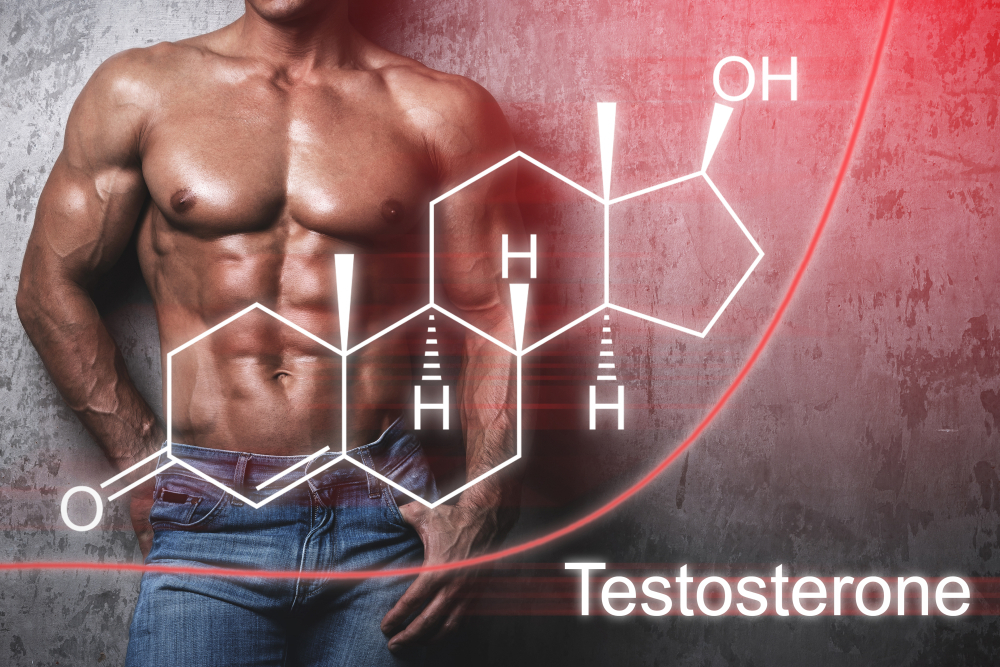Curcumin appears to be a safe, bioactive food compound that is a potential chemopreventive for patients at a high risk for head and neck squamous cell carcinoma (HNSCC). Identification and validation of intermediate endpoints is an important step in evaluating chemopreventive agents. AKT/MTOR pathway biomarkers are intrinsic to the carcinogenic process as well as the mechanism of intervention with curcumin. Antiproliferative effects of curcumin were assayed in 9 HNSCC and a keratinocyte cell line. Nicotine, a genotoxic alkaloid involved in tobacco addiction, forms DNA adducts and has been implicated in upper aerodigestive tract cancer promotion. The antiproliferative effects of curcumin were associated with inhibition of the AKT/MTOR pathway in presence and absence of nicotine, which also induced this pathway. Curcumin was highly effective at suppressing growth of SCC40 xenografts and its activity is associated with modulation of MTOR’s downstream target pS6. Curcumin at 15 mg significantly increased survival (286 ± 37 vs. 350 days) in the 4NQO carcinogenic model survival study. A major cause of lethal progression of HNSCC is local regional migration and invasion of malignant cells, and curcumin significantly inhibited cancer cell migration and invasion in vitro and in vivo where downregulation of pS6 was associated with a significant decrease in MMP-9. This is the first study to demonstrate that curcumin inhibits the adverse effects of nicotine by blocking nicotine-induced activation of the AKT/MTOR pathway in HNSCC, which retards cell migration. These studies indicate that inhibiting the AKT/MTOR pathway with curcumin may be useful as an oral chemopreventive agent. Cancer Prev Res; 3(12); 1586–95. ©2010 AACR.

Exploring the Benefits of IV Therapy: What You Need to Know
As healthcare continues to evolve, IV therapy has emerged as a popular method of delivering essential nutrients directly into the

